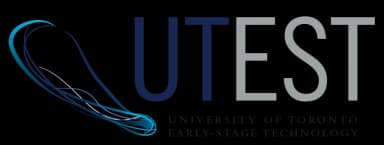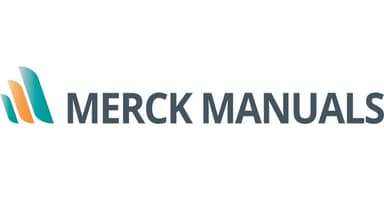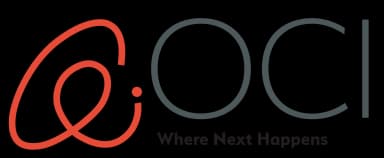Built by Physicians.
Powered by AI.
Modern clinical decision support to help primary care doctors and trainees learn and access medical knowledge faster.


Family doctors, say hello to your new assistant!
Have a primary care question during a busy clinical day?
Get an evidence-based answer within seconds
Powerful Features for Modern Healthcare
Guideline-Backed Answers
Get evidence-based responses to complex clinical cases directly from authoritative peer-reviewed sources
Drug Information Lookup
Instant access to comprehensive drug information including dosages, side effects, and more
In-App Medical Calculators
AryaAI can perform quick and accurate medical calculations at your fingertips
Patient Handout Generator
Create custom, informative handouts for patients in seconds, in the language of your choice
Drug Interaction Checker
Ask AryaAI about drug interactions and get a comprehensive list of potential interactions
Ontario Drug Formulary
Get information about drug pricing and coverage instantly
Image Support
Hippo can read and understand flowcharts and clinical images to provide more accurate answers
Voice Recognition
Interact with AryaAI using voice commands for hands-free operation in clinical settings
iOS App (Coming Soon)
Take AryaAI with you on the go
Family Medicine Residents
Prepare for your CFPC exam with our AI-powered Study Portal
Generate evidence-based clinical cases and questions to help you prepare for your CFPC exam
* Available only for Pro users, sign up for a free trial to get started
Available Plans
Supported by



